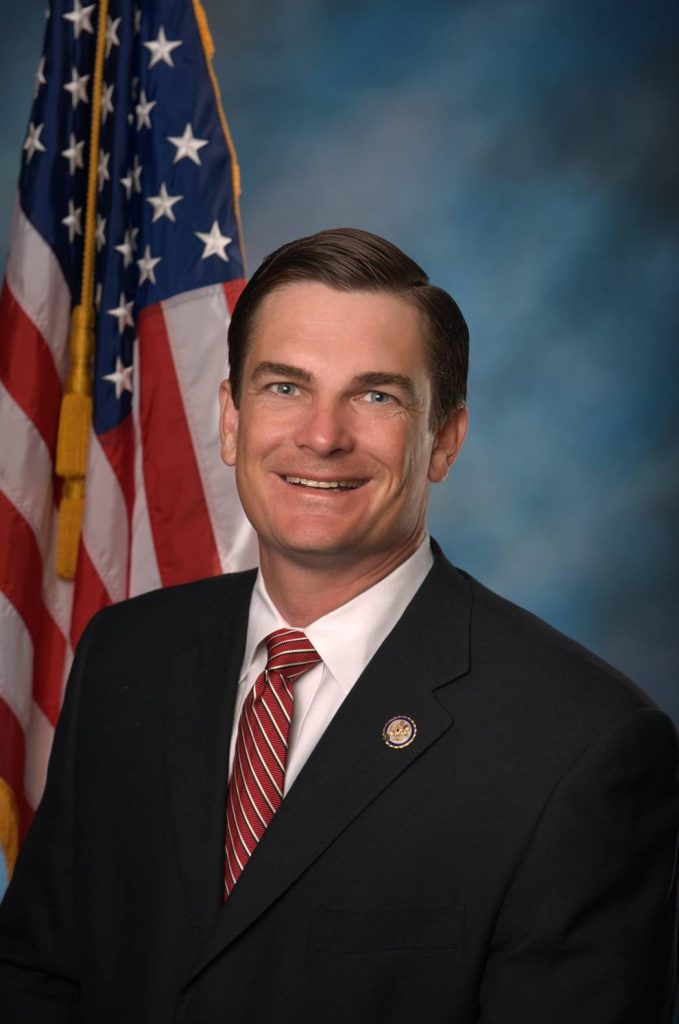By Clint Thompson

United States Congressman Austin Scott (GA-08) believes if there is a fourth coronavirus relief bill to help people like farmers and aid agribusinesses, it will not happen fast.
Scott, along with fellow Congressman Sanford Bishop (GA-02), spoke about the recently passed Coronavirus Aid Relief and Economic Security (CARES) Act and its different provisions. Due to circumstances regarding the health and well-being of members of Congress, passing another piece of legislation may have to wait.
“There are 535 members of Congress. There are at least five that have tested positive for the coronavirus. There are several others that have been on quarantine because they’ve been exposed to it,” said Scott on April 3. “One of the questions is, at what point are you able to bring 535 people back in to work in close proximity and actually get something done? I think this last bill was unique in the way that it was passed. I don’t think it is possible to pass another bill with simply the Senate effectively drafting the bill and the House, including myself, voting yes by voice on the bill.”
The Paycheck Protection Program (PPP) was an integral part of the $2 trillion CARES Act. It was designed to aid small businesses recover amid the ongoing coronavirus pandemic. However, it may not have enough funds to support the $350 billion allocated for the program. Congressman Buddy Carter (GA-01) believes additional funding will be ready if needed through a Phase 4 relief package. Scott reiterates his position that another stimulus package will still take some time to pass.
“I would tell you, if there is a fourth relief bill, I think a couple of the areas that are going to have to be looked at. (No.) 1, from a timing standpoint, I think it would be more than 30 days from now before another bill passed. (No.) 2, at that stage, we will have a better indication of what the revenue impact is on state and local governments and on our healthcare providers,” Scott said.









